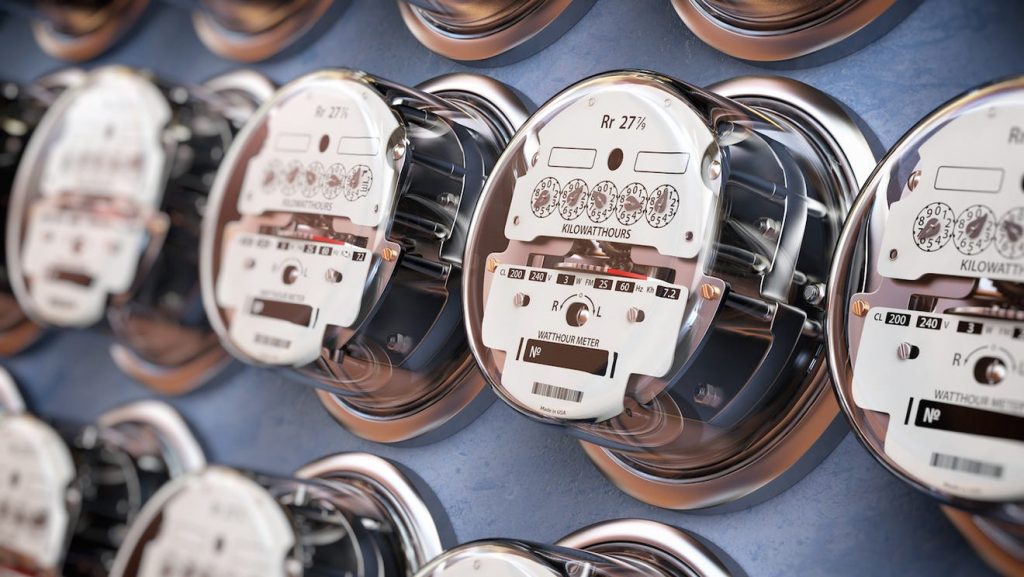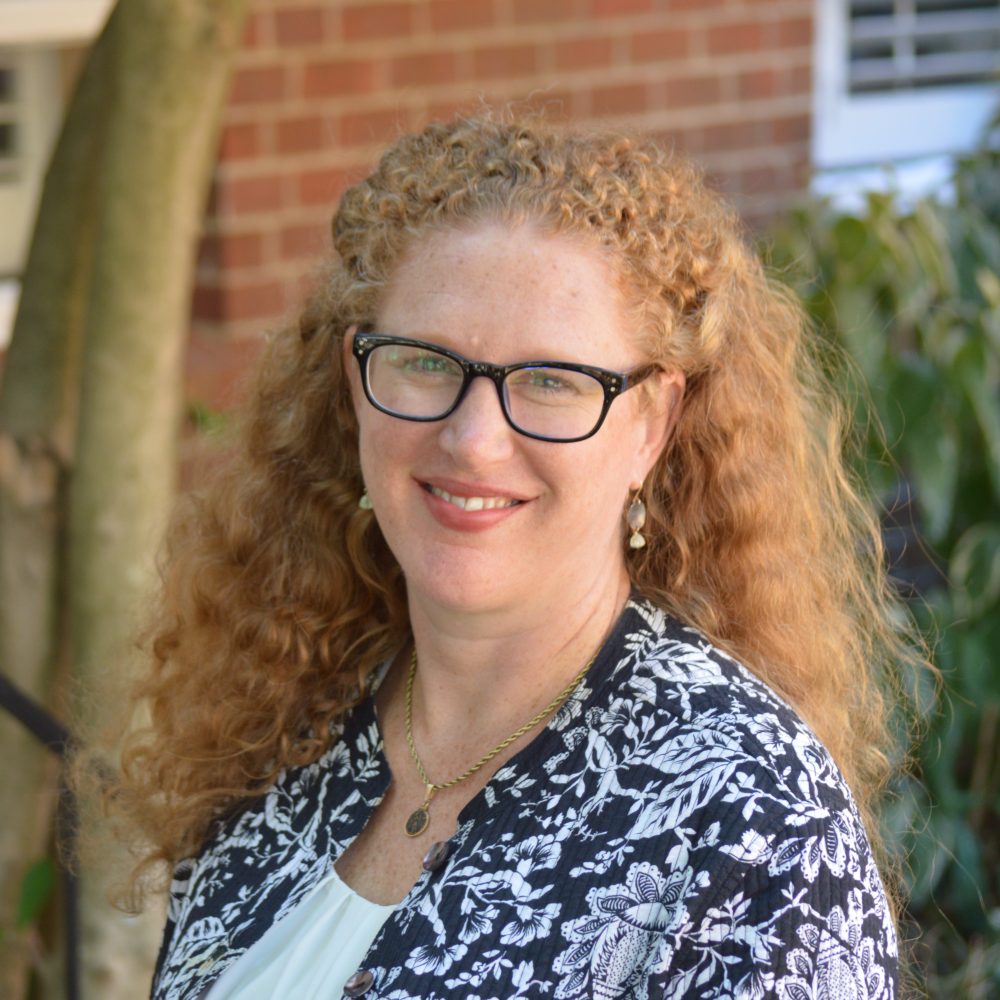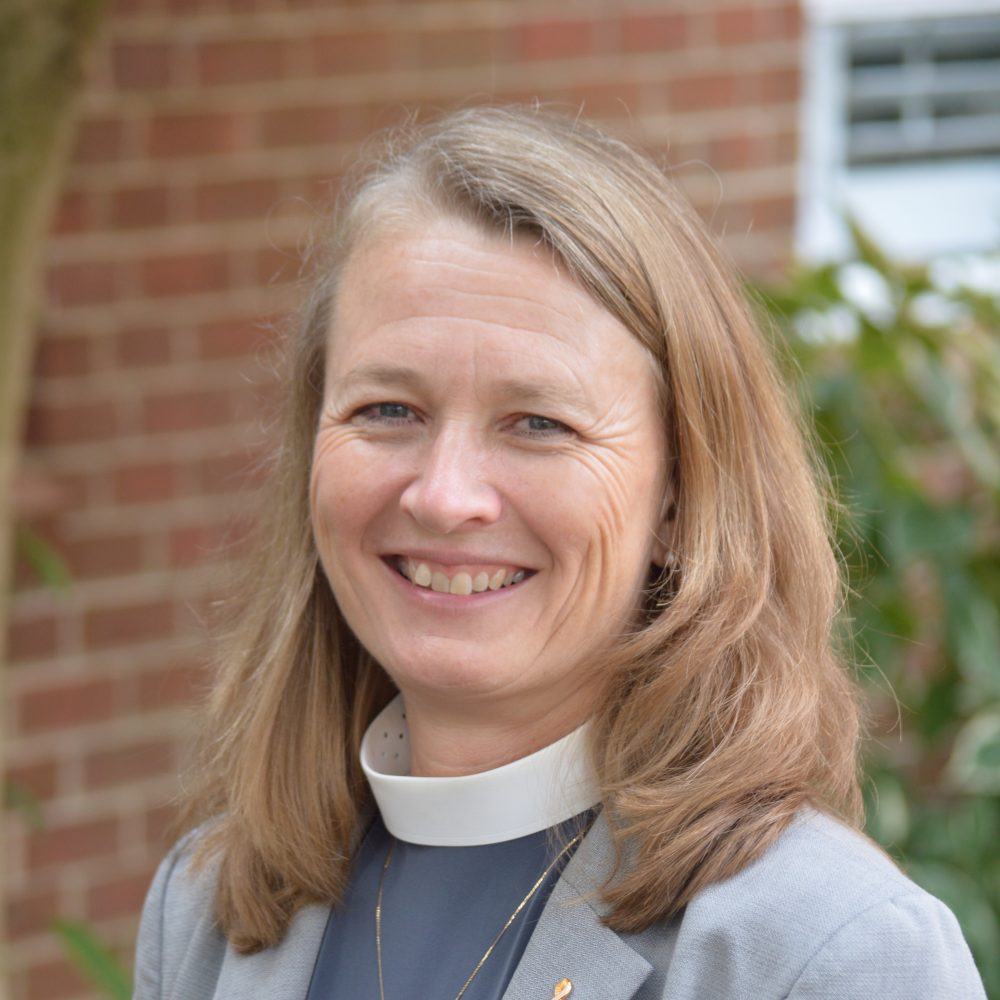
Source: Bet Noire / iStock
**Susannah Tuttle and Jennifer Copeland Available for Interviews**
RALEIGH, NC — The North Council of Churches is committed to prioritizing policies that center justice and equity, and when a bill lacks these moral imperatives, we stand in opposition to the legislation becoming law.
HB 951 “Energy Solutions for North Carolina” does not center justice and equity. The data supports our conclusion that this law will create harmful cost impacts on low income people. The loan program included in the legislation (On Tariff Financing) is not enough to adequately offset the increased costs of the legislation because these programs are often not available to low-income homeowners due to the poor condition of their homes, and renters can rarely participate.
The Council is well aware that the dynamics around environmental and renewable energy in North Carolina are urgent, especially given the reality that the detrimental effects of climate change fall disproportionately on low wealth communities. Energy solutions that also fall disproportionately on low income communities are not real solutions. Our faith shows that God has a preferential option for the poor. Scripture provides numerous examples of God’s compassion for “the least of these,” punctuated by Jesus’ own parable about the inbreaking of God’s kingdom. “Truly I tell you, just as you did it to one of the least of these who are members of my family, you did it to me” (Matthew 25:40). How then shall we answer, “Lord, when was it that we saw you . . .?” (v.44). When we allow power bills to rise 50% in 3 years on those who can least afford to pay, we are failing to see Jesus.
Although an important piece of HB 951 legislation includes a carbon reduction plan, this plan is not designed to support those hurt first and worst by the ongoing climate crisis and furthermore we have significant concerns that the plan will fail due to poor design and drafted provisions that will make it easy for utilities to avoid the implementation of the plan. At best, this “Energy Solutions for North Carolina” will only benefit those who are already thriving, not those who are barely surviving.
Our faith convictions compel us to stand in solidarity with the North Carolina Justice Center’s opposition statement: “This legislation will hurt millions of people in North Carolina who are already spending a disproportionate amount of their incomes to meet basic needs.”
“When was it that we saw you . . .?”
###
Founded in 1935, the North Carolina Council of Churches enables denominations, congregations, and people of faith to impact our state on issues such as racial equity, farmworker rights, environment, LGBTQ+ rights, economic justice and development, human well-being, equality, compassion and peace, following the example and mission of Jesus Christ. The Council comprises 26 distinct judicatories from 18 denominations. Across the state, our members have over 6,200 congregations with about 1.5 million congregants. For more information about the Council’s 85-year history, visit www.ncchurches.org. To stay up to date on progressive, faith-based news, follow us on Facebook, Instagram, and Twitter.
CONTACT
Susannah Tuttle
Eco-Justice Connection Director
sussanah@ncipl.org
(919) 828-67501 Ext. 113
Jennifer Copeland
Executive Director
jennifer@ncchurches.org
(919) 828-6501 Ext. 01


